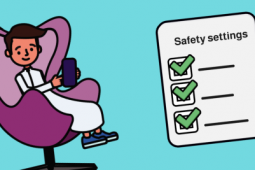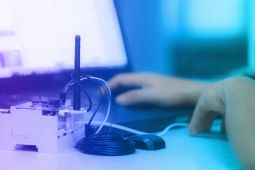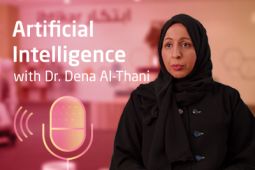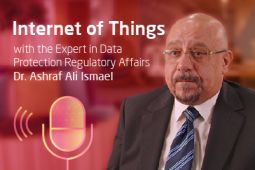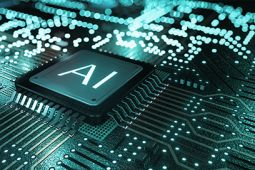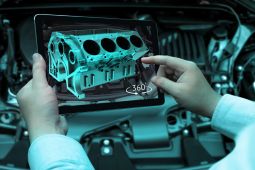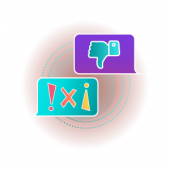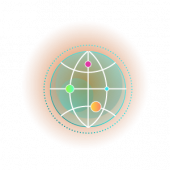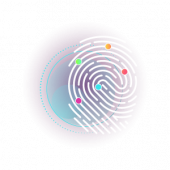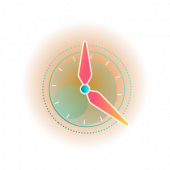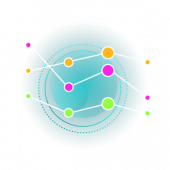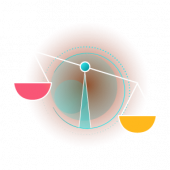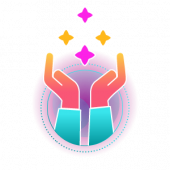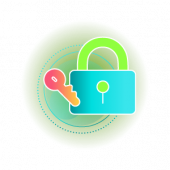Do I know how the devices around me are connected?
The Impact of Artificial Intelligence on Our Lives
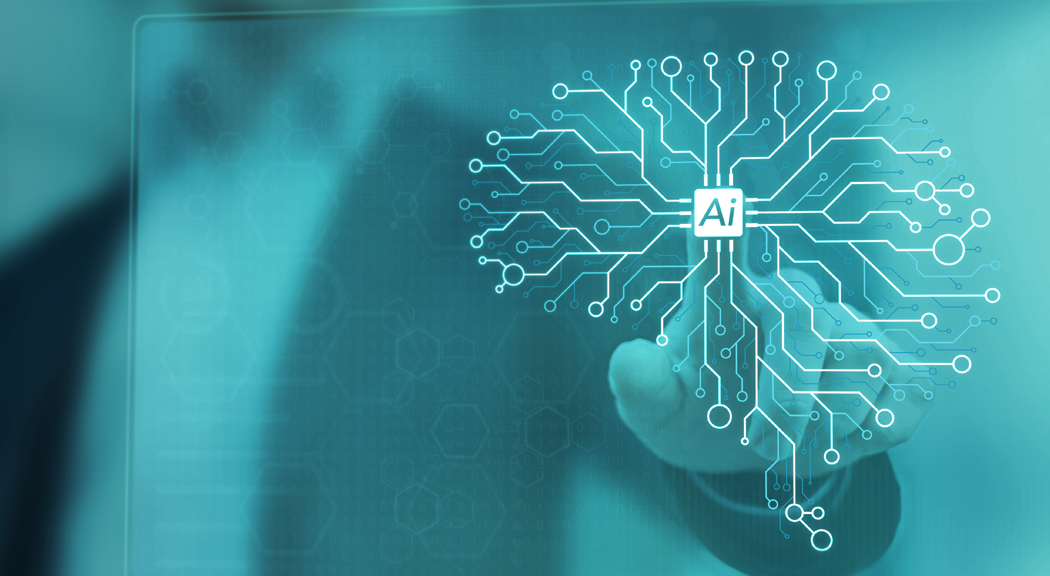
Artificial Intelligence (AI) is a process of imitating human intelligence that relies on the creation and application of algorithms executed in a dynamic computing environment. Its purpose is to enable computers to think and act like human beings.
The fields of application of artificial intelligence are numerous. It is present in the cameras of smartphones, intervening to detect precise scenes, to stabilize the device, or to optimize zoom precision. Facial recognition is another technology made possible by artificial intelligence. It is used to recognize the user of a mobile phone, but also on a larger scale to identify people, for example in airports.
Moreover, AI is also being introduced in the military, in the financial sector, in medicine, in robotics, in video games, in transport, and in industries. In the food industry, it is helping restaurants predict consumer taste and innovate with food trends.
In our virtual world, art is not immune to the wave of artificial intelligence (AI) spreading. Artificial intelligence is involved in several activities related to art, such as business evaluation, creativity, and the curve of reproduction. Thus, today algorithms are able to write poems, compose melodies or draw pictures. In fact, AI is creating a new era in contemporary art for us to go along with and live with. Nevertheless, it is imperative to maintain safety and keep pace with technology.
And that’s not all there is to artificial intelligence (AI). In today’s connected world, art is not immune to the tidal wave of AI. From creation to valuation of works including reproduction, AI intrudes into many art-related activities.
Long story short, AI is being used in fields even beyond our imagination. For example
In painting:
It all happened in 2018 when the first painting created by an algorithm was sold by the Christie’s house in New York. The “Portrait of Edmond de Belamy” was sold for over US $ 430,000 and held the signature of the "artist" affixed to the bottom of the painting, on the right. So, his signature was a mathematical formula
Other examples are Google's paintings from deep learning technologies and the world's visual diversity drawn from the Internet, and “The Next Rembrandt” experiment, conducted in 2016 by Microsoft, which involved training a painting machine to create an original artwork incorporating all the stylistic codes of the illustrious master of the art.
In poetry:
For poetry, AI has used more than 10,000 unpublished manuscripts, and the program has learned to write short paragraphs from actual quotes.
In terms of screenplay, Century Fox and IBM designed Morgan using an algorithm fueled by hundreds of horror movie trailers. Another example is the Benjamin algorithm, developed by director Oscar Sharp and researcher Ross Goodwin and fed by dozens of sci-fi movie and series storylines, created the film Sunspring.
How to Stay Safe When Using AI:
Use AI to protect yourself against AI. If hackers are potentially using AI for more advanced security attacks, you can combat these threats by using AI for more advanced security protection.
- Keep personal information professional and limited
- Keep your privacy settings on
- Practice safe browsing and be careful what you download
- Always secure your smart home devices
- Make sure your internet connection is secure. Use a secure VPN connection
- Choose strong passwords and update them regularly
- Keep your antivirus program up to date
- Artificial Intelligence is super powerful only with access to data. So, the first way you can prevent any data breach is through end-to-end encryption.
- Maintain good data hygiene and keep it secured.
- While using AI, you can maintain your safety via more secure authentication processes. Thanks to the analysis of biometric data, it can indeed be used to analyze the fingerprints, retina, or palms. It is even possible to create a dynamic authentication framework that allows access permissions to be altered based on the user's geographic location or network.
How You Can Use AI to your Advantage:
It’s the same for everything else, AI brings the negative and the positive. Is it is up to us to use it to our advantage.
Technical skills and data literacy are obviously important in the age of AI, and clearly, a certain set of skills will become even more essential for success as the nature of work evolves and machines take over more of the easily automated aspects of work. In other words, the work of humans will simply become more human.
With this in mind, the skills that the employees should seek to cultivate in the future and to stay ahead, and cope with the advanced world of AI are the following:
- Creativity and innovative mindset
- Good judgment and an analytical mind
- Leadership skills
- Emotional IQ
- Open-mindedness and readiness to embrace change
Remember, artificial Intelligence is now everywhere. It has invaded our lives, both at the workplace and outside it. It has already crept into our cars, phones, personal computers, and transportation systems. It is evolving at a fast pace and is likely to change our daily habits. And there is no point in resisting it. It is preferable to make it an ally to make the most of our future; Therefore, make sure you are prepared for it by gaining the necessary skills to know how to use it and work with it while staying safe.
@2x.png)

